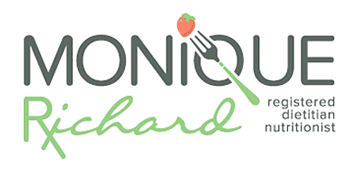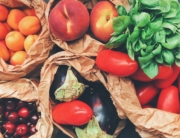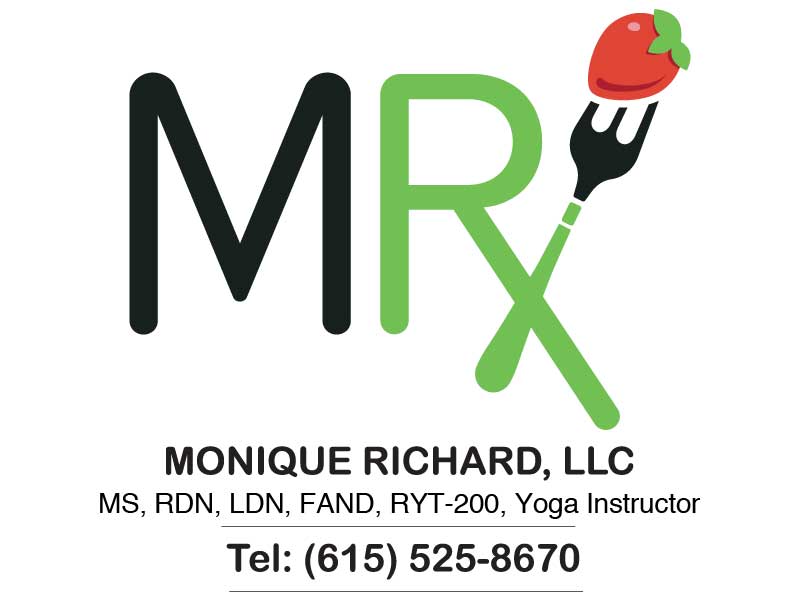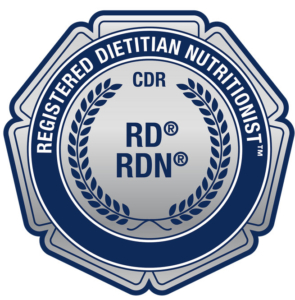 Are you experiencing bloating, abdominal discomfort or water retention that seems to keep returning?
Are you experiencing bloating, abdominal discomfort or water retention that seems to keep returning?
Several contributing factors may be involved in bloating: food sensitivities, dietary choices, and lifestyle factors.
Common possible sources of bloating are:
• Carbonated beverages — the simple sugar, air in the carbonation, and general volume consumed can contribute to bloating, flatulence (gas), and burping. Remember, water is our friend—simple H20 is the way to go the majority of time (add some lemon, lime, cucumbers or ginger for additional tummy taming).
• Beans, legumes, lentils — sometimes people experience bloating and flatulence after consuming beans. After all, they are jokingly referred to as ‘the musical fruit.’ However, the fiber (insoluble and soluble) in beans and legumes provides beneficial food for our gut bacteria (prebiotics). This can be what makes our gut a little overactive, but usually eating small amounts consistently over time can eradicate the problem. If not, there factors at play. Getting enough fiber in the diet is essential to gastrointestinal (GI) health. Be sure to schedule some time with an registered dietitian nutritionist (RDN) to see if your needs are being met for your individual health.
• Sodium — tasty items like snacks, chips, fast and fried food tend to be loaded not only in calories but, you guessed it, sodium! Sodium attracts water to the intestines that can cause bloating not only in our GI area but also in our limbs—think swollen ankles and fingers. Watch the amount of processed foods you consume and certainly be aware of adding salt at the table. Drink plenty of fluid and get those leafy greens and watery vegetables in to offset the effects of too much sodium!
• Being Sedentary/Not Exercising –your GI tract is a series of muscles along with tissues, cells, etc…it needs to move and be active just like the rest of your body. While enough fiber needs to be consumed to get bowels moving (think whole grains, fruits, and vegetables), physical activity like walking and regular exercise is also necessary for proper digestion. If you consume a lot of heavily processed food and sit or lay down after eating, your stomach and intestines can become inflamed and bloated as it begins the digestion process. You may also experience gastro-esophageal reflux disease (GERD), or heartburn, as a result of eating too quickly or too much, which taxes your GI system and causes stomach acid to spill back up into the esophagus area.
A RDN can help you with a specific elimination diet, limiting specific types of sugar that can contribute to GI discomfort, or a combination and variety of tools that address your specific GI concerns. Remember that balance, variety, movement and hydration can contribute to a healthy gut.
Remember, visceral fat accumulation (AKA dangerous fat around the organs) cannot be whisked away in an instant, despite what advice from blogs and supplements may lead you to believe. A healthy diet and exercise can address both percutaneous fat (fat stores below the skin) and visceral fat, which will help you find those solid abs you work so hard for! Reducing bloat is an added bonus to healthy choices and lifestyle…
Check out my thoughts on the 11 Enemies and Your Allies to Get Flat Abs









